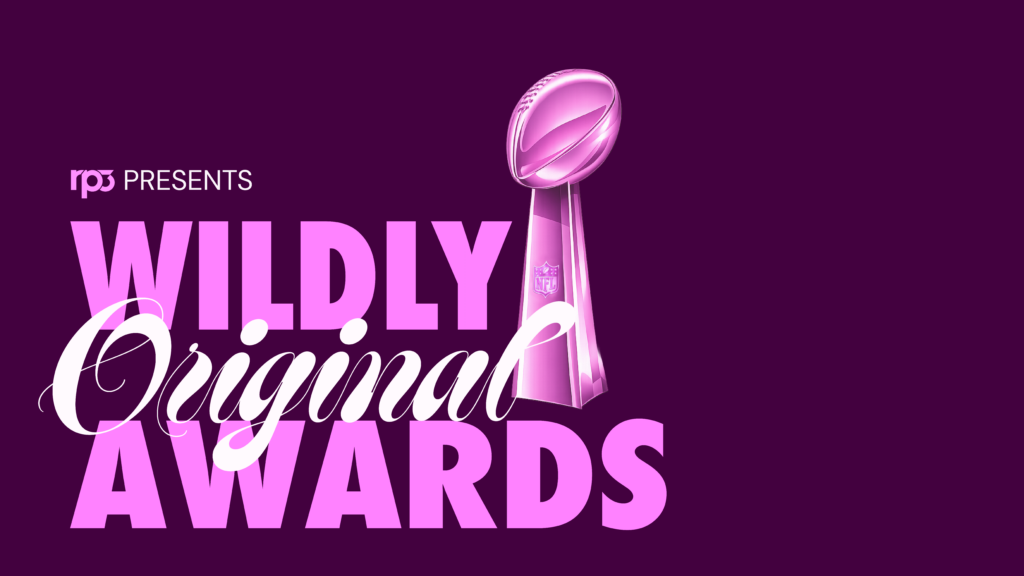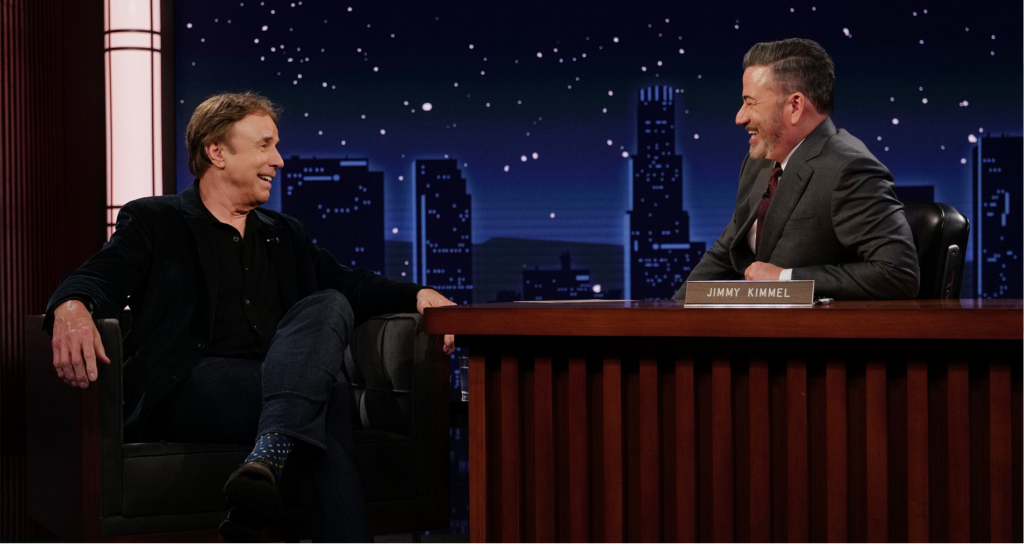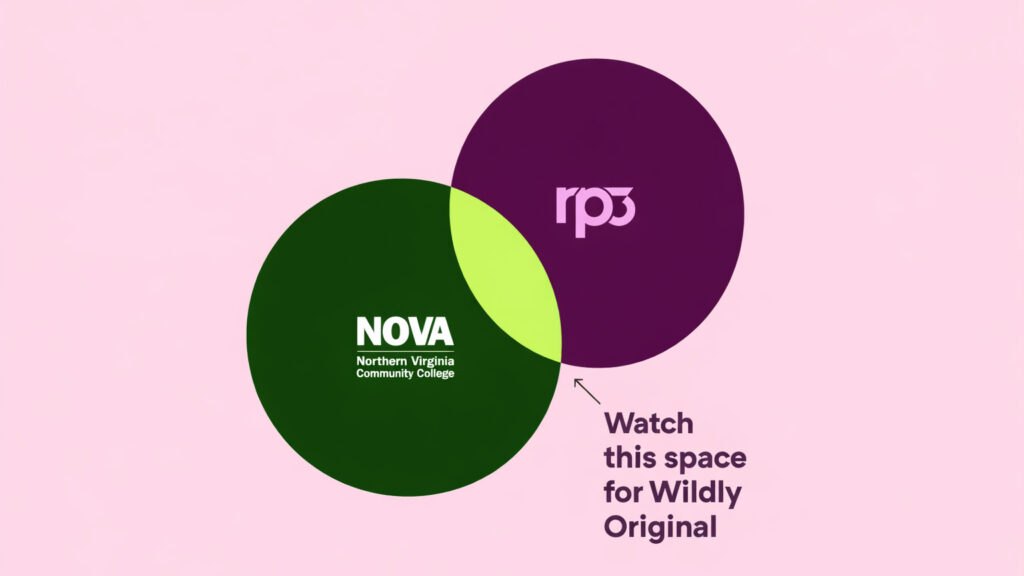
Think Your Brand Is Authentic? Gen-Z May Beg To Differ
By: Anna Bridgforth
In the first article of this Gen-Z series, we discussed the premium that they place on individuality and self-expression, so in this article we’ll be diving into one of the most important aspects of self-expression: authenticity. Authenticity is paramount for Gen-Zers. In fact, 92% of Gen-Zers agree that being authentic and true to oneself is extremely or very important. Just take a look at their social feeds. Where millennials seek a more curated, idealistic, and aspirational social feed, Gen-Zers embrace the raw and unfiltered.

The emphasis that Gen-Z places on expressing individuality and the authentic, unfiltered self extends to their expectations of brands. 82% of Gen-Zers say that authenticity is a key purchase driver for them. Growing up with social media and information at their fingertips, Gen-Z has developed a strong BS radar. They’re able to filter through content and quickly discern the authentic from the superficial, making perceived authenticity a critical factor that can make or break brands.
Most brands would argue that they are authentic, and yet few are actually perceived that way. Why? Because they lack clarity in their core identity and values, resulting in conflicting messages and actions that work against each other when they should be building upon each other.
What does it mean to be an authentic brand in the eyes of Gen-Z? Authentic brands are those that are true to themselves, transparently expressing core beliefs and personality throughout all brand touchpoints, from products and business practices to marketing and communications. It’s helpful to think about brands like people. Authentic people don’t conform to what’s popular or say something just because they know people want to hear it. They don’t act one way with one group of people and in a different way with others. They stay committed to their own core beliefs and unapologetically embrace who they are — quirks, imperfections, and all — and the same applies to brands.
Patagonia is the shining example. Every action they take, from encouraging people not to buy a jacket to “giving their company to planet Earth” instead of going public, supports their mission to “save our home planet.” While many of their brand actions seem counterintuitive to what a company looking to make a profit should do, they show a relentless commitment to who they are and their values. Consumers know exactly what Patagonia is all about and are able to form strong emotional connections to this brand that they can confidently trust aligns with their values.

A clear commitment to values in brand actions is one important aspect of authenticity and brand trust, but an equally important aspect is having a distinct brand personality that consumers actually want to interact with, almost like a friend.
Duolingo has mastered the art of exuding authenticity through its “unhinged marketing” approach, which embraces entertainment over selling with less polished content. When Duolingo first joined TikTok in 2021, they introduced Duo, a humorous mascot that personifies the brand and gives audiences a way to connect with it. The mascot is playful, quirky, and at times even snarky.

And like some of our favorite shows (anyone remember the ugly naked guy jokes in Friends?), Duolingo’s content embraces consistent storyline themes, like Duo’s one-sided rivalry with Google Translate, and Duo’s one-sided crush on the singer Dua Lipa.
These little storylines make audiences feel like they’re part of an inside joke, creating deeper connections and a higher level of engagement. What is equally important in this equation of authenticity — that Duolingo gets right — is they don’t try to be something they aren’t. Remember, Gen-Z has a strong BS radar and will see right through the superficial. Duolingo’s marketing strategy has garnered 11.8 million followers on TikTok, and earned them a spot as one of Gen-Z’s Most Loved Brands.
For brands looking to build trust and connect with Gen-Z, they need to prove that they are who they say they are, and interact with them as individuals, not consumers. It’s not enough to have a catchy tagline and beautiful creative — Gen-Zers want honesty, genuine connections, engaging stories, and a clear commitment to values from the brands they choose to support. Successful brands must have a clear core identity and make sure all of their actions and communications are a direct extension of it.
Coming Up
Interested in learning more? Check out our first article in this Gen-Z series about the importance of individuality and self-expression, and stay tuned for our next article exploring the rise of subcultures, micro-communities, and influencers — and what it means for brands.
Let's make some good.
Drop us a line



